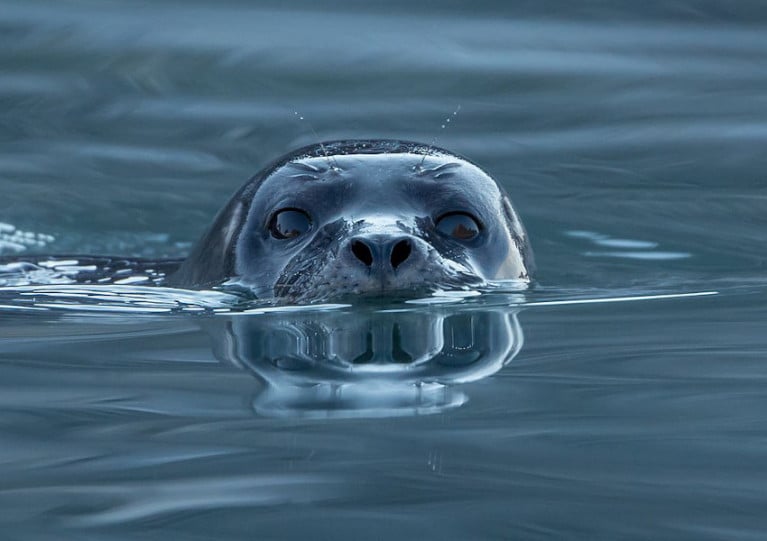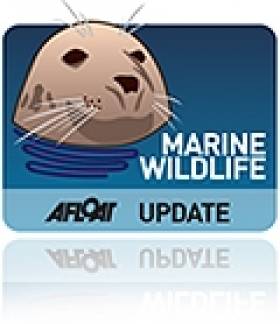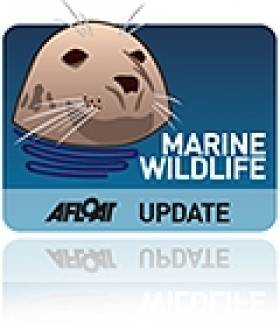Displaying items by tag: Seal Cull
Seal Cull Plan is a Non-Starter for Government Ministers
Today’s Sunday Independent reports that Government ministers have shot down proposals for a seal cull by rifle from boats off Cork and Kerry.
Internal emails show that Minister of State Malcolm Noonan rejected the suggestion as being “politically unacceptable”.
And both he and Housing Minister Darragh O’Brien shared the view that a compensation scheme for fishermen who say seal predation on fish stocks has harmed their livelihoods “would be a better approach”.
As previously reported on Afloat.ie, inshore fishermen in Kerry have argued that the depletion of fishery stocks and damage to nets in and around the Blasket Islands is “unsustainable”.
But suggestions that fishermen be given the green light to cull seals from their vessels with high-powered rifles were branded as “insane” by a conservation expert.
The Sunday Independent has more on the story HERE.
Canada Watching EU Seal Cull Plans With Interest
#MARINE WILDLIFE - The Globe and Mail reports that Canada is keeping tabs on an EU plan to "manage" Europe's seal population amid growing controversy over the issue.
Last month the European Parliament approved a resolution on the Common Fisheries Policy that called for the European Commission to investigate the impact of "natural predators such as sea lions, seals and cormorants" on the reduction of fish stocks and draw up plans to regulate their numbers.
Canada's sealing industry claims this about-face in EU policy is hypocritical considering Europe's ban on commercial seal products three years ago, as well as its longstanding criticism of the Canadian seal hunt.
Already Scotland has approved a cull that has granted licences to kill over 1,000 seals on its coastline this year alone. And fishermen in Ireland, particularly on the west coast, are calling for the Irish authorities to take similar action.
Afloat.ie has previously reported on the tensions between fishermen and marine wildlife campaigners over the impact of protected seal populations on fish stocks.
Over the summer, the Dingle Seal Sanctuary claimed that a number of horrific reports of illegal seal killings committed by culprits unknown are part of a "swing in activity" since the start of the year - although the National Parks and Wildlife Service said it has not recorded any increase.
Fishermen in Kerry have come out in condemnation of these illegal killings, in particular the barbaric scene in which two baby seal heads were nailed to signs outside the Dingle sanctuary in early June.
However, they maintain that a cull of the local grey seal population is necessary, claiming they are "over-protected" and can consume as much as 10kg of fish each per day, resulting in depleted stocks of hake and haddock, as well as posing a threat to salmon conservation measures.
The Globe and Mail has more on the story HERE.
Seal Cull Needed on West Coast Says FG Councillor
#MARINE WILDLIFE - RTÉ News reports that a Fine Gael councillor for Co Galway has called for a seal cull along the West coast.
Cllr Seosamh Ó Laoi told RTÉ Raidió na Gaeltachta that the increase in the seal population was to blame for the decline in inshore fish catches.
He also made reference to times years ago when fisherman had taken matters into their own hands and "kept the place clean" by carrying guns on their boats.
His remarks come barely a week after the heads of two baby seals were found nailed to signs outside a wildlife sanctuary in Dingle. Co Kerry.
As reported on Afloat.ie, local fishermen and industry representatives later spoke out to condemn the grisly incident.
Michael Flannery of the Irish Fish Producers' Organisation (IFPO) said: "Fishermen are calling for a seal cull but we want this carried out in an organised, approved and humane way."


























































